Back to Courses


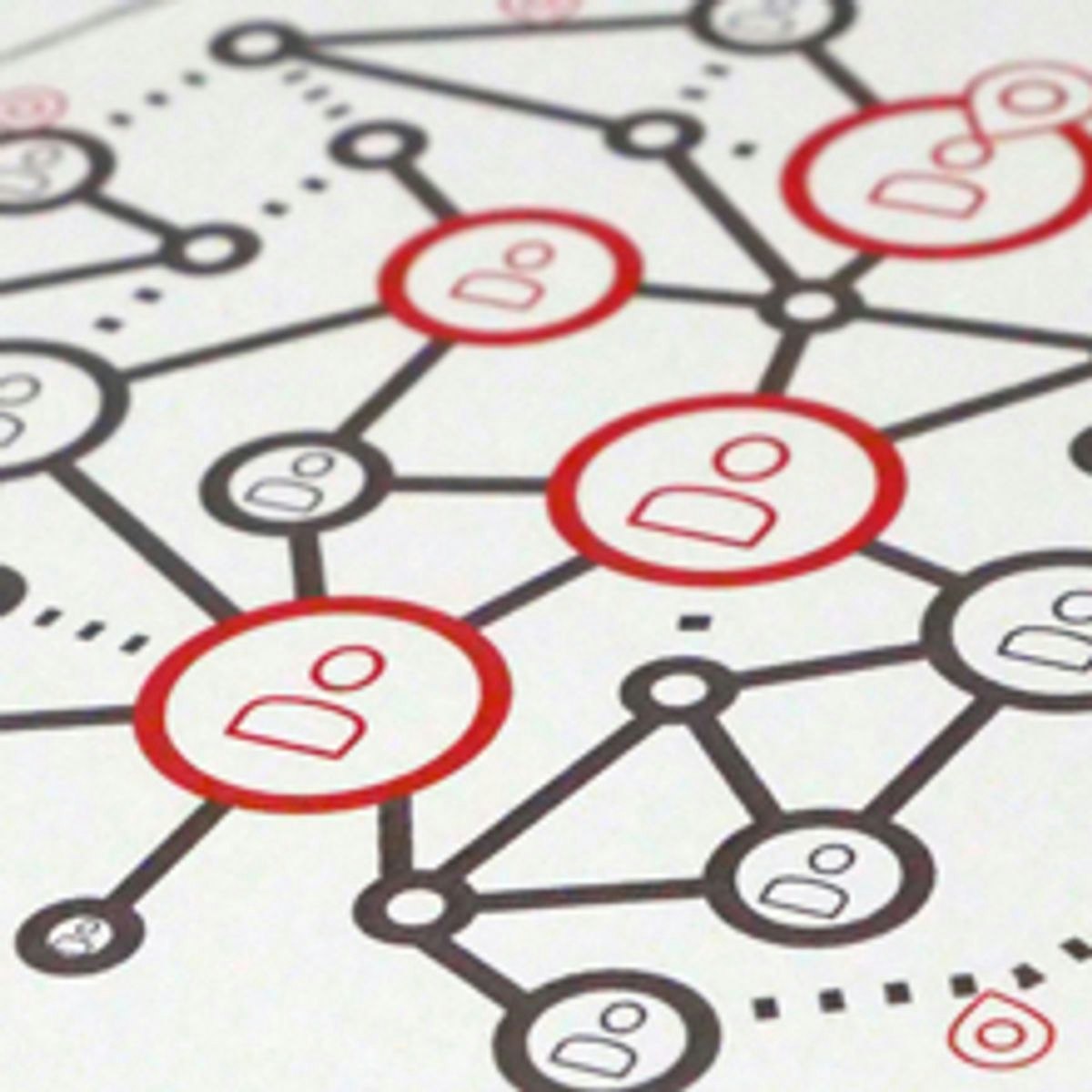
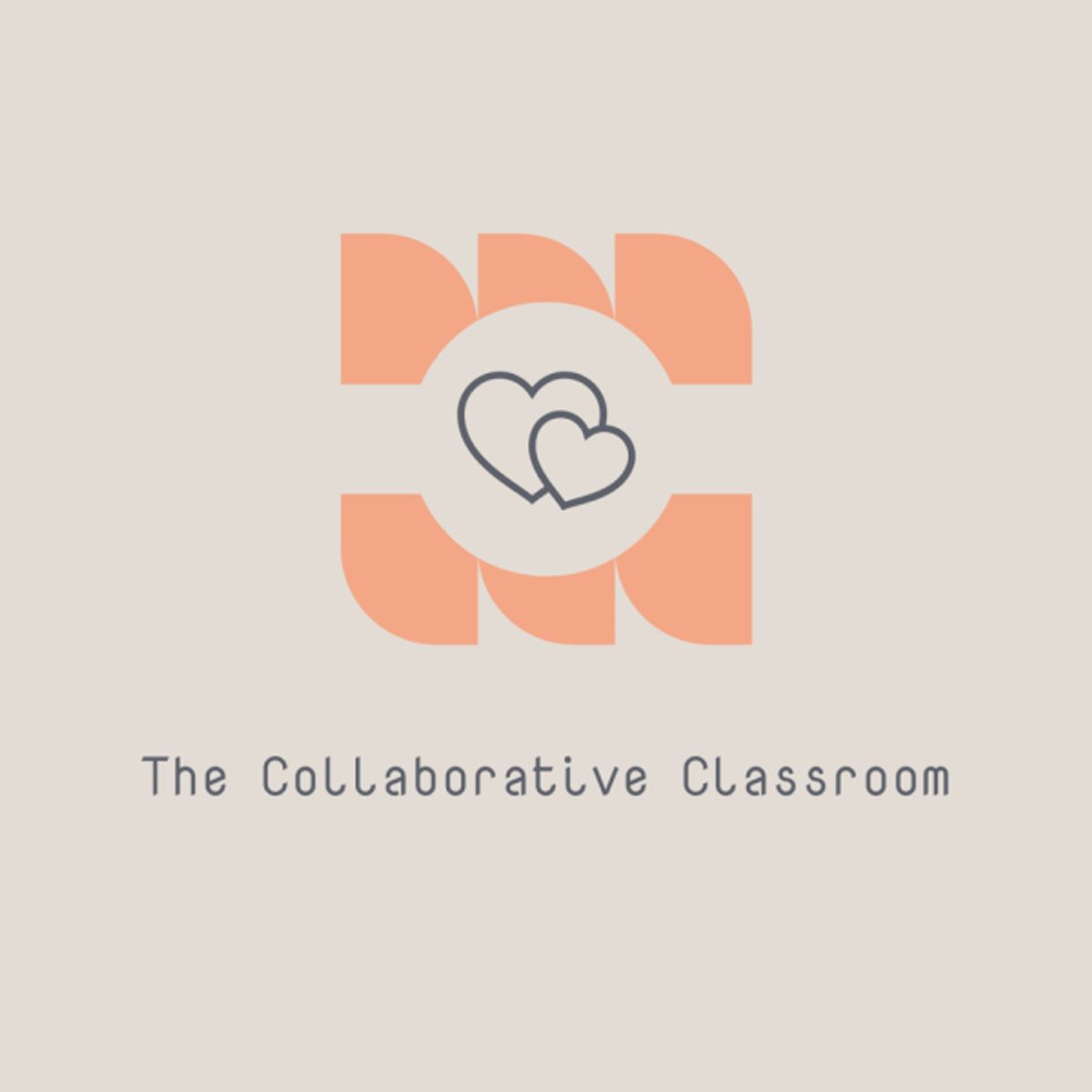
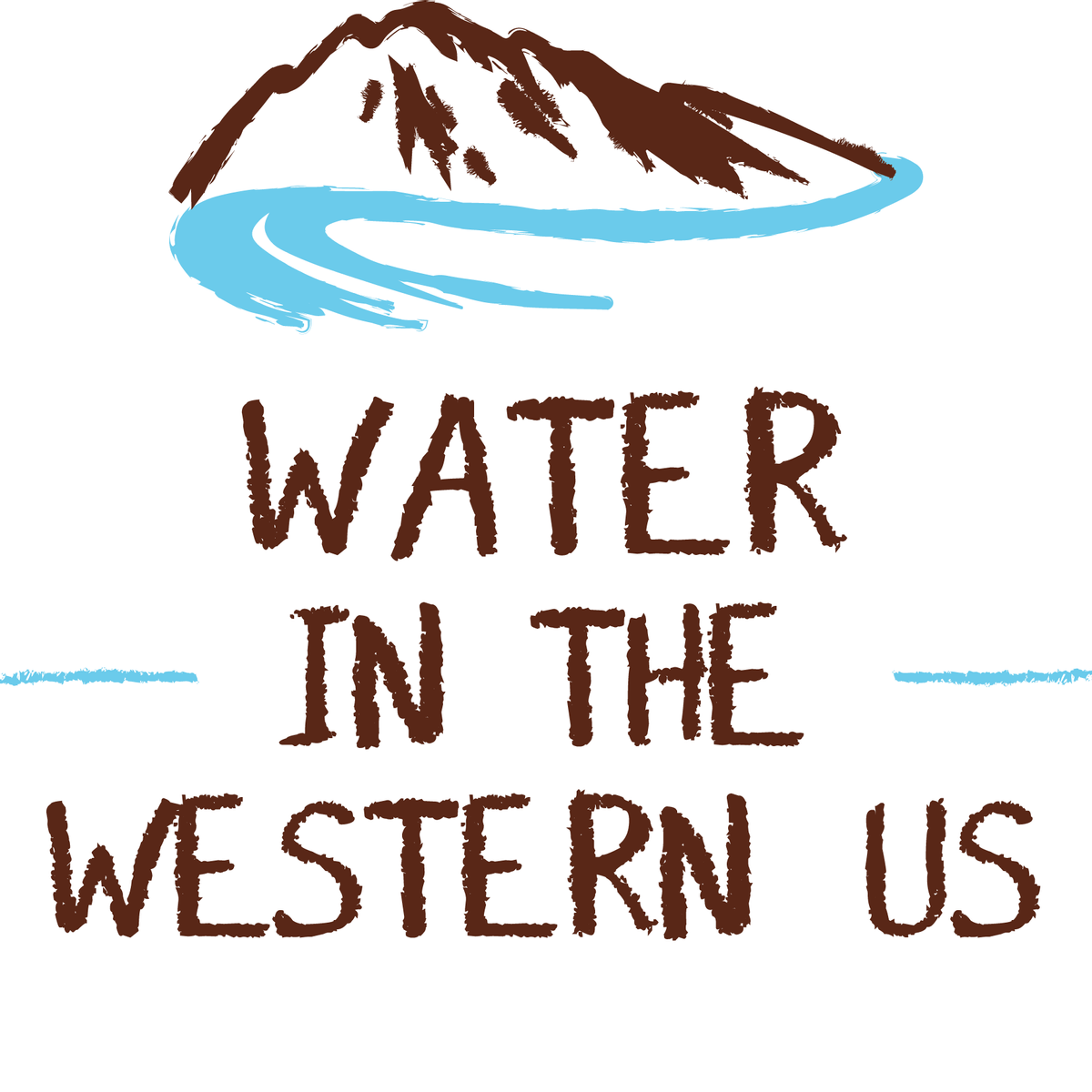


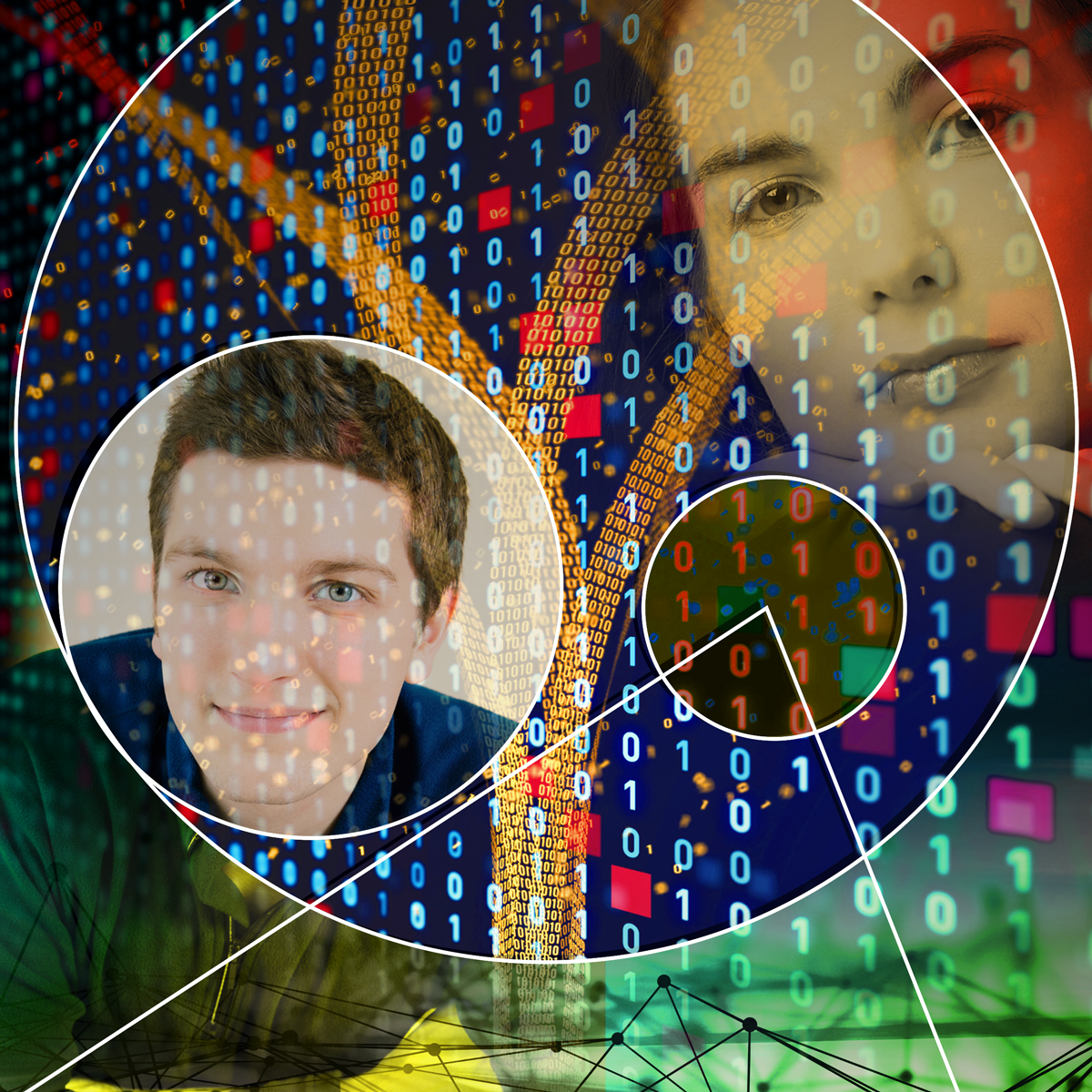
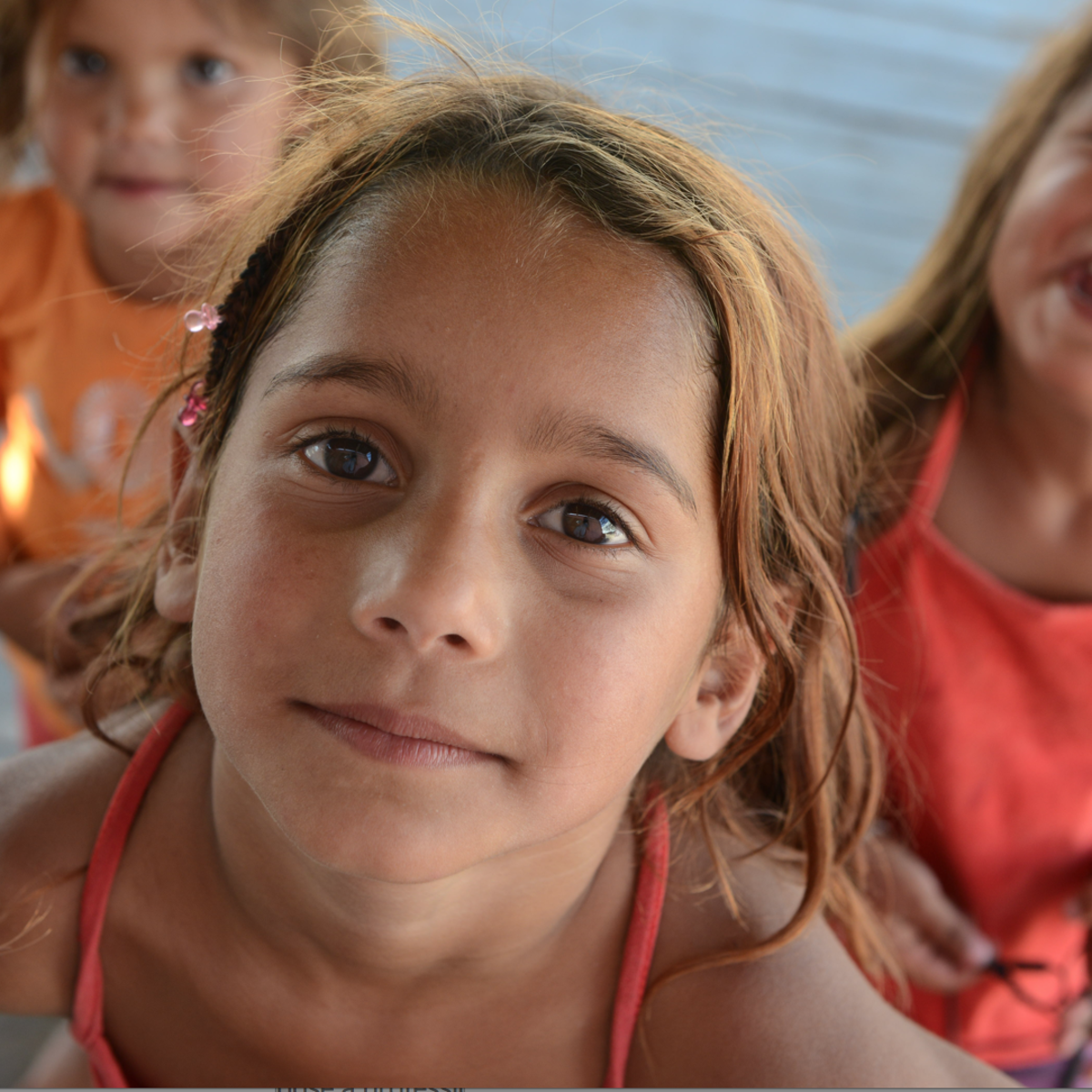
Social Sciences Courses - Page 62
Showing results 611-620 of 672

Global Diplomacy: the United Nations in the World
The course offers a well-researched and broad-ranging primer to the United Nations system. Consisting of an introduction to the complex UN family and its history, and a series of ‘snapshots’ of key UN functions, which are used to explore important UN themes and help learners develop important analysis, communication, and policy-based skills.
The course is aimed broadly at people interested in learning more about the United Nations system, assuming a level of interest but no necessary previous knowledge, whilst also offering offering sufficient up to date research and new critical perspectives that it will also be of interest to people with more expertise or academic familiarity with the topic as well.
The main aim of the course is to provide this wide-ranging introduction in a self-contained, but in-depth form, alongside the important practical skills necessary to understand and discuss UN affairs, and potentially lay the groundwork for greater engagement in future – either in civil society or in further study.

Research Data Management and Sharing
This course will provide learners with an introduction to research data management and sharing. After completing this course, learners will understand the diversity of data and their management needs across the research data lifecycle, be able to identify the components of good data management plans, and be familiar with best practices for working with data including the organization, documentation, and storage and security of data. Learners will also understand the impetus and importance of archiving and sharing data as well as how to assess the trustworthiness of repositories.
Today, an increasing number of funding agencies, journals, and other stakeholders are requiring data producers to share, archive, and plan for the management of their data. In order to respond to these requirements, researchers and information professionals will need the data management and curation knowledge and skills that support the long-term preservation, access, and reuse of data. Effectively managing data can also help optimize research outputs, increase the impact of research, and support open scientific inquiry. After completing this course, learners will be better equipped to manage data throughout the entire research data lifecycle from project planning to the end of the project when data ideally are shared and made available within a trustworthy repository.
This course was developed by the Curating Research Assets and Data Using Lifecycle Education (CRADLE) Project in collaboration with EDINA at the University of Edinburgh.
This course was made possible in part by the Institute of Museum and Library Services under award #RE-06-13-0052-13. The views, findings, conclusions or recommendations expressed in this Research Data Management and Sharing MOOC do not necessarily represent those of the Institute of Museum and Library Services.
Hashtag: #RDMSmooc

America Through Foreign Eyes
The United States has always been a source of fascination — both attraction and repulsion — for the people of France, Mexico, China, and African countries such as Nigeria, Ghana, and Sudan. "America Through Foreign Eyes" is a rich, interdisciplinary, international course that features Rice University faculty from a variety of disciplines and area studies. Focused on perceptions of America abroad, the course is a cross between World Cultures and American Studies. The course features five core modules, each covering the perceptions and interactions of particular regions with America, Americans and Americanization.

Designing Learning Innovation
Where to start to innovate your teaching? But before that, what does it mean to innovate in the classroom? Designing Learning Innovation aims to put the designing culture at the service of learning innovation, supporting those who do not have a specific pedagogical background and those who wish to learn the basic tools of a good teaching design then to continue exploring the frontiers of innovation.
A set of logical and methodological tools to innovate teaching, finding the most suitable approaches with one’s own vision of the teaching-learning experience.
INTENDED LEARNING OUTCOMES (ILOs)
If you actively participate in this course, at the end you will be able to:
Use basic theoretical-methodological tools (such as Constructive Alignment and the Learning Innovation Network) to enhance teaching coherence between learning objectives, assessment methods and learning experiences;
apply pedagogical frameworks of the active learning methodology to the design either an individual teaching module or an entire teaching path;
evaluate advantages and disadvantages, in the field of your own teachings, of traditional evaluation approaches compared to the new assessment strategies, in particular those oriented to the formative evaluation;
apply simple strategies for managing the active class in small, medium and large classrooms;
designing and producing quality teaching materials also enhancing the availability of “Open Educational Resources”.
THE MOOC-BOOK: MATERIALS AND ACTIVITIES
The MOOC is realized in a strongly integrated way with the book “Designing Learning Innovation” published by Pearson (the english version is the translation of the italian one already published and accessible here https://www.ibs.it/designing-learning-innovation-ebook-inglese-susanna-sancassani/e/9788891926067)
In the course you will find video lessons and infographic articulated as in the book. You will also encounter different types of activities which will contribute to make your experience richer and more complete.

Create Engaging Presentations with Easelly
By the end of this project, you will have created an engaging infographic to share learning material with your students. You will be fully confident in how to use Easelly to create and modify infographics, equipping you to use Easelly with students in order to provide technology and presentation tools for student success. If you are looking for a user friendly tool that will result in professional looking products - Easelly is for you. Let’s get started and create incredible content together!
*You will need a free Easelly account for this project.

Water in the Western United States
Water is important to all of us. Water connects people through place, memory, and community. But in places where water is scarce, like the Western United States, water can also be contentious and divisive. How then do we overcome the challenges associated with increased water scarcity while honoring the diverse perspectives of people who rely on shared water?
In this course, you will learn about water and climate in the Western United States and join a community of thousands of learners to gain insight into the major legal, political, and cultural issues that make water so complex in the region.

High Level Biocontainment for Healthcare Facilities
The goal of this 4-week course is to equip learners to safely care for a patient infected with a pathogen requiring high-level biocontainment. This can be accomplished in any healthcare facility given the correct approach and protocols.
Please copy and paste the following link into a new tab/browser to view the video overview of our course. http://bit.ly/2bPZ6Cz
In this course, we will:
1. Discuss the essentials of intake screening.
2. Investigate pathogen transmission characteristics and the chain of infection.
3. Examine patient placement in a facility, as well as the engineering/ administrative controls.
4. Review personal protective equipment worn by the care providers.
5. Evaluate waste management and decontamination protocols.
We look forward to exploring and learning with you!
Dr. Medcalf and University of Nebraska Medical Center Team
This project was funded by the Nebraska Department of Health and Human Services, Division of Public Health

Health and Safety of a Home-Based Childcare Center
This course is targeted toward individuals wishing to operate a safe and healthy family day care center, and it covers topics including staffing; creating a safe environment; nutrition; mental health & wellness; and emergency planning.
Since a Family Policy Handbook is essential for anyone operating a family day care center, this course includes the development of one of three imperative sections of the handbook. The remaining two sections are created in other courses of the Home-Based Childcare series available on Coursera.

Data Literacy – What is it and why does it matter?
You might already know that data is not neutral. Our values and assumptions are influenced by the data surrounding us - the data we create, the data we collect, and the data we share with each other. Economic needs, social structures, or algorithmic biases can have profound consequences for the way we collect and use data. Most often, the result is an increase of inequity in the world. Data also changes the way we interact. It shapes our thoughts, our feelings, our preferences and actions. It determines what we have access to, and what not. It enables global dissemination of best practices and life improving technologies, as well as the spread of mistrust and radicalization. This is why data literacy matters.
A key principle of data literacy is to have a heightened awareness of the risks and opportunities of data-driven technologies and to stay up-to-date with their consequences. In this course, we view data literacy from three perspectives: Data in personal life, data in society, and data in knowledge production. The aim is threefold: 1. To expand your skills and abilities to identify, understand, and interpret the many roles of digital technologies in daily life. 2. To enable you to discern when data-driven technologies add value to people’s lives, and when they exploit human vulnerabilities or deplete the commons. 3. To cultivate a deeper understanding of how data-driven technologies are shaping knowledge production and how they may be realigned with real human needs and values.
The course is funded by Erasmus+ and developed by the 4EU+ University Alliance including Charles University (Univerzita Karlova), Sorbonne Unviersity (Sorbonne Université), University of Copenhagen (Københavns Universitet), University of Milan (Università degli studi di Milano), and University of Warsaw (Uniwersytet Warszawski).

Negotiating Learner Differences: Towards Productive Diversity in Learning
An investigation of the dimensions of learner diversity: material (class, locale), corporeal (age, race, sex and sexuality, and physical and mental characteristics) and symbolic (culture, language, gender, family, affinity and persona). Examines social-cultural theories of difference, as well as considering alternative responses to these differences in educational settings - ranging from broad, institutional responses to specific pedagogical responses within classes of students. The course also focuses on the application of learning technologies and new media to meet the needs of diverse populations of learners. Its main practical question is, how do we use educational technologies to create learning environments in which learning experiences can be customized and calibrated to meet the precise needs of particular learners? Topics include: universal design for learning, differentiated instruction systems, and adaptive and personalized learning environments.
--------------------------------
Related Resources
--------------------------------
Online resources are available here:
https://newlearningonline.com
--------------------------------
Join our Online Communities!
--------------------------------
CGScholar (Create an account and join the New Learning community)
https://cgscholar.com/community/community_profiles/new-learning/community_updates
Facebook
https://www.facebook.com/newlearningonline
Twitter
https://twitter.com/neolearning
--------------------------------
Take this Course for Credit at the University of Illinois
--------------------------------
This course has the same content and anticipates the same level of contribution by students in the Assessment for Learning course offered to graduate certificate, masters, and doctoral level students in the Learning Design and Leadership Program in the College of Education at the University of Illinois.
Of course, in the nature of MOOCs many people will just want to view the videos and casually join some of the discussions. Some people say that these limited kinds of participation offer evidence that MOOCs suffer from low retention rates. Far from it – we say that any level of engagement is good engagement.
On the other hand, if you would like to take this course for credit at the University of Illinois, you will find more information about our program here:
https://ldlprogram.web.illinois.edu/overview/
And you can apply here:
https://education.illinois.edu/epol/programs-degrees/ldl
--------------------------------
The Learning Design and Leadership Series of MOOCs
--------------------------------
This course is one of a series of eight MOOCs created by Bill Cope and Mary Kalantzis for the Learning Design and Leadership program at the University of Illinois. If you find this MOOC helpful, please join us in others!
e-Learning Ecologies: Innovative Approaches to Teaching and Learning for the Digital Age
https://www.coursera.org/learn/elearning
New Learning: Principles and Patterns of Pedagogy
https://www.coursera.org/learn/newlearning
Assessment for Learning
https://www.coursera.org/learn/assessmentforlearning
Learning, Knowledge, and Human Development
https://www.coursera.org/learn/learning-knowledge-human-development
Ubiquitous Learning and Instructional Technologies
https://www.coursera.org/learn/ubiquitouslearning
Negotiating Learner Differences: Towards Productive Diversity in Learning
https://www.coursera.org/learn/learnerdifferences
Literacy Teaching and Learning: Aims, Approaches and Pedagogies
https://www.coursera.org/learn/literacy-teaching-learning
Multimodal Literacies: Communication and Learning in the Era of Digital Media
https://www.coursera.org/learn/multimodal-literacies
Popular Internships and Jobs by Categories
Browse
© 2024 BoostGrad | All rights reserved


